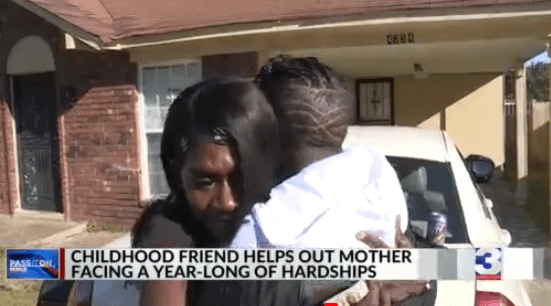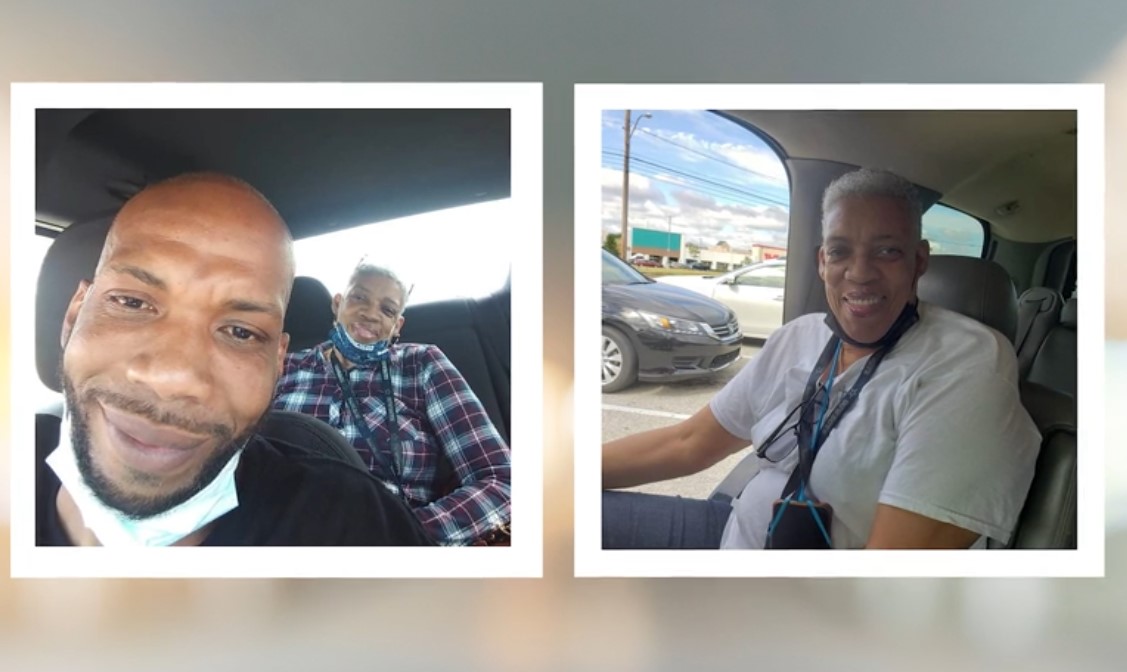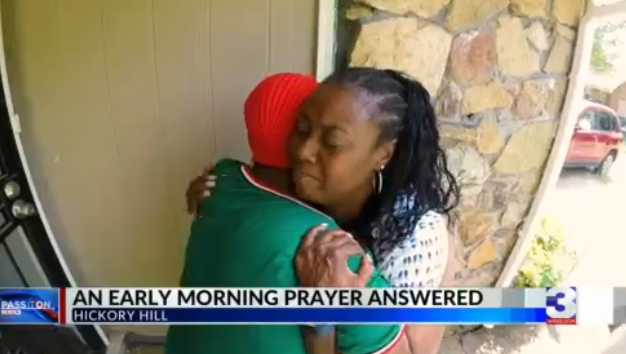WASHINGTON — The U.S. House of Representatives is set to vote this week on a bill to give money for more security at schools, as the nation’s lawmakers continue to search for legislative solutions to gun violence that can pass the Legislative Branch.
Lawmakers are scheduled to vote Wednesday, exactly one month after the Parkland, Florida, high school shooting, on the “STOP School Violence Act of 2018,” which was introduced by Florida Republican Rep. John Rutherford, a former sheriff of Duval County. “STOP” is an acronym for “Students, Teachers, and Officers Preventing.”
The bill would attempt to curb school violence by providing more training for school officials and local law enforcement to respond to mental health crises, as well as, among other things, money to develop anonymous reporting systems for threats and deterrent measures like metal detectors and locks.
It’s the first major vote on school safety since the mass shooting at Marjory Stoneman Douglas High School that left 17 people dead sparked a nationwide debate over school safety and gun control.
The U.S. House bill does not include any gun-related provisions. Democrats have said they will vote for the proposal, but have slammed GOP leaders for not doing more.
While the House passed a measure in December to improve the National Instant Criminal Background Checks system following a church shooting in Sutherland Springs, Texas, a similar measure is stalled in the Senate due to the House bill’s loosening of restrictions on concealed carry firearms. Lawmakers have introduced an array of other gun-related bills in recent weeks similar to those passed in Florida, but Republican leadership set them aside to take up other issues, such as changes to the Dodd-Frank banking bill.
The White House unveiled its own proposals on guns and school safety Sunday evening, which include making efforts to harden security at the nation’s schools, improve background checks of those buying guns, and overhaul aspects of the mental health system. The plan also includes establishing a commission chaired by Education Secretary Betsy DeVos that will recommend policy and funding proposals for school violence prevention, including possible age restrictions on some firearms purchases. The commission does not have a set timeline of when it will report its findings, although an official said it would be within one year.
President Donald Trump had previously backed raising the age on buying some guns as well as showing support for incentivizing states to report information the national background check system. Mr. Trump has also voiced support for increased school security, including the possibility of arming some teachers. The proposal released Sunday night did not include a formal plan to increase the age limit for buying certain firearms.
Legislative change on gun control is different at the state level. Florida Gov. Rick Scott signed a sweeping package on Friday of school safety and gun laws, including legislation that would raise the age requirement to buy a rifle to 21 and give law enforcement the authority to seize weapons from potentially dangerous people.
House Majority Leader Kevin McCarthy said last week the House plans to bring members of the FBI before the oversight and judiciary committees to talk about failures by the agency to act on warning signs exhibited by the Florida gunman before the shooting.
In the Senate, the judiciary committee will have a hearing Wednesday on the Florida shooting and legislation to address school safety.























